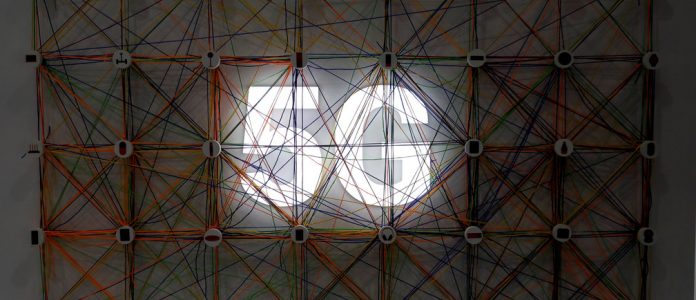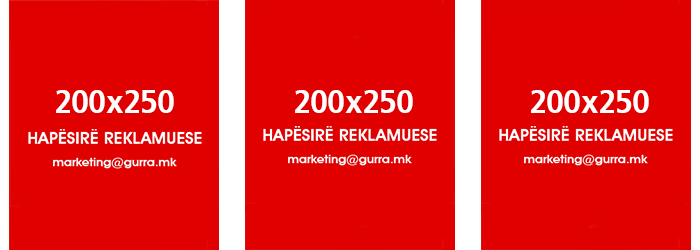Industry 4.0 has arrived, and it is going to spark an unprecedented wave of innovation in the Middle East and Africa (MEA).
Industry 4.0 merges operational, information and communication technologies with cyber-physical systems, enabled by advanced wireless communication and industrial Internet of Things (IoT) services. This digital and wireless transformation will be powered by 5G networks, which have the potential to drive economic growth in the region like no previous generation of mobile technology.
For example, the security, high speeds, low latency and massive number of connections in 5G networks will support smart city and agriculture transformation in many countries in the Middle East and Africa. This will enable new revenue streams from IoT and industrial applications, and accelerate digitalization.
Agriculture 4.0 will particularly transform both the demand side and the value chain/supply side of the food-scarcity equation, using technology to address the real needs of consumers.
The UAE already uses the SCADA system, which combines up-to-date, real-time data from weather stations with data from soil moisture and salinity sensors. And IKEA, David Chang and the ruler of Dubai have invested $40 million in vertical farming. Other Arab countries are also shifting their focus to expand their agriculture vertically, and conducting trials with a number of new technologies.
The Middle East and Africa region is also the world’s largest centre for mineral mining (diamond, phosphate, gold) and for oil and gas operations. The domain choice of IoT connectivity for these industries will be 5G.
An interesting case study in this area is the Boliden Aitik mine in Sweden. The application of 5G-enabled automation reduces costs by 1%, with communications being the key enabler. For the Aitik mine alone, carrying out drilling and blasting using automation shows an annual €2.5 million net saving. This illustrates the potential for similar operations in MEA and other regions.
Switching on 5G in the Middle East
In 2019, Ericsson will start the commercial roll out of 5G with operators in advanced markets such as the UAE, Saudi Arabia and Qatar, with significant traffic volumes by 2021. Ericsson was recently selected by Batelco to deploy 5G commercially across Bahrain, and we announced 5G commercial launches with Etisalat, STC and Ooredoo at Mobile World Congress 2019. In fact, all major service providers in the region are moving aggressively to launch 5G commercially, according to Ericsson Mobility Report MEA.
Moreover, we are working with partners in a multitude of industries, as well as academia partners in research and development projects. This has wide regional ramifications, as there are great economic benefits in taking advantage of a new wireless technology first, highlighted by the boom in the app economy in the region after its adoption of 4G. Numerous regional start-ups including Fetchr!, Souq, Careem, and ReserveOut have been hugely successful, and many more have had a strong impact in the market.
Key drivers for immediate 5G deployment include increased network capacity, lower cost per gigabyte and new use case requirements. The majority of the 5G subscriptions in the MEA are expected to come from advanced ICT markets like Saudi Arabia, UAE and Qatar while in Africa, considerable momentum is building in South Africa.
The MEA region’s telecom market is characterized by increasing uptake of LTE. The region will lead the globe with a forecast for 9x mobile data traffic growth (1.8 to 17 EB/month from 2018 to 2024) and see a doubling of mobile broadband subscriptions (850 to 1,630 million from 2018 to 2024), according to Ericsson Mobility Report MEA.
The exponential role of disruptive technology in climate action
Beyond improving efficiency and reducing cost, digitalization and IoT have wide human implications. From smart homes and power grids to connected transport systems, IoT is already making our personal lives safer, healthier and greener.
ICT in combination with a well-integrated corporate sustainability strategy can help tackle a range of global challenges. While the digital sector is on track to reduce its own emissions, representing just 1.4% of the global total, it is also in a unique position to influence other sectors.
Social and technological innovations are already scaling. For example, shared and “on-demand” fleets of more energy-efficient electric vehicles could reduce global energy demand for transport by more than 50% by 2050, while reducing the number of vehicles on the road. For example, the vision adopted by Dubai for 2030 is for 30% of public transport to be autonomous. Other GCC states have also revealed plans to cut emissions and improve climate mitigation.
Adopting circular-economy approaches has the potential to reduce global emissions from industry by 45% by 2050. Globally, heavy industries such as steel, aluminum, cement and plastic production can reduce emissions by 50%using current technologies and efficiencies.
5G is the backbone that can make it all work, both in the Middle East and Africa as well as across the globe, driving economic value from enhanced mobile broadband to digital industry to combating climate change. In turn, that will require an ecosystem of technology, regulatory, security and industry partners to deliver on the potential.










